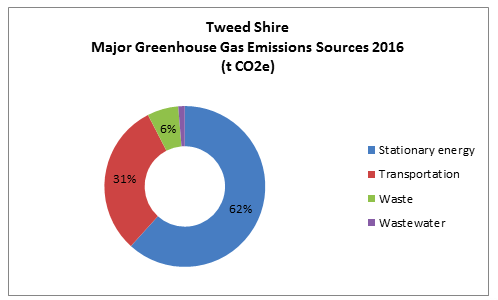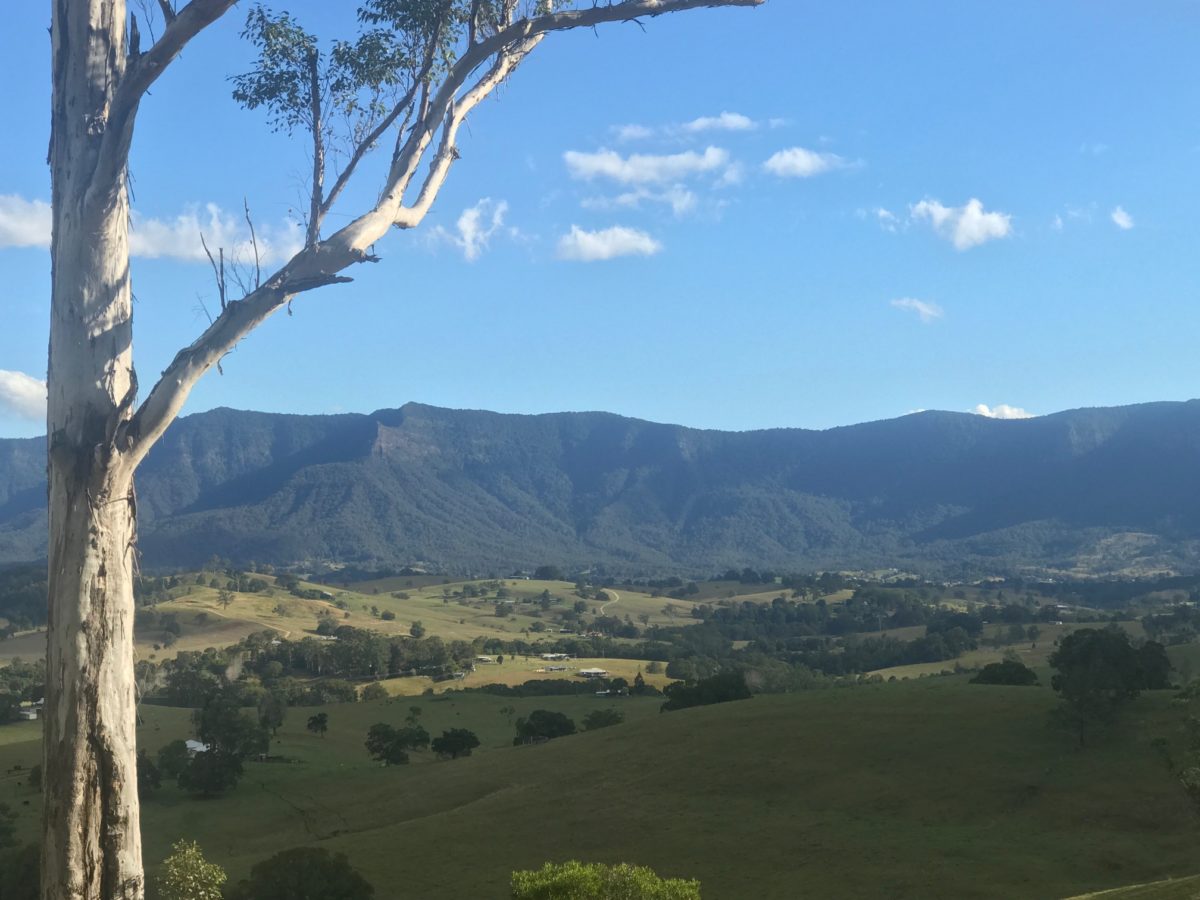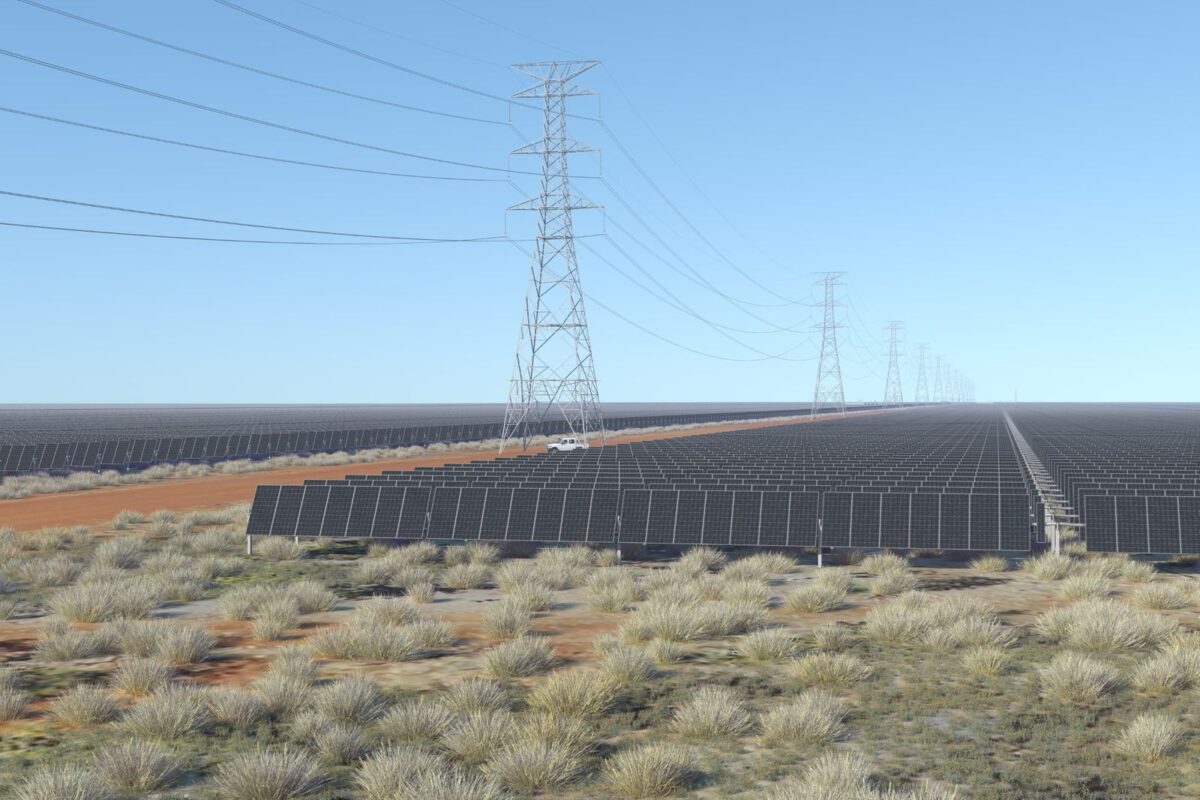Regional and local governments continue to add solar PV in pursuit of their own renewable energy targets. Tweed Shire, in New South Wales’ Northern Rivers region, with a new array designed to power its wastewater treatment facilities.
The Banora Point installation will consist of 1,500 solar panels with an approximated energy output of just over 1 GWh per year, an estimation the Council says would provide the equivalent of 20% of the wastewater facility’s energy requirements.
The Banora Point Wastewater Treatment Plant is the biggest energy consuming asset the Council owns, treating 10 million litres of wastewater every day and costing approximately $3.4 million, or two-thirds of the Council’s entire energy costs, each year.

However, the Council’s $880,00 solar array should pay for itself in only six years, while saving an estimated 730 tonnes of greenhouse gas emissions annually. “Minimising our impact on the environment is one of the ways we are working to protect and enhance our natural surroundings for current and future generations,” said Katie Milne, Mayor of Tweed in a statement. Milne is a Greens counsellor and has described climate change policy at other levels of government “heartbreakingly, hopeless”.
The Council’s Renewable Energy Action Plan (REAP) has set a target to self-generate 25% of the Council’s energy from renewable resources by 2022, and 50% by 2025.
With the addition of the Banora Point project and the TRAC’s new solar array, partially supported by the NSW State Government’s Stronger Country Communities Fund, the Council now has 781 kW of solar PV installed throughout its asset portfolio.
Author: Blake Matich
This content is protected by copyright and may not be reused. If you want to cooperate with us and would like to reuse some of our content, please contact: editors@pv-magazine.com.








1 comment
By submitting this form you agree to pv magazine using your data for the purposes of publishing your comment.
Your personal data will only be disclosed or otherwise transmitted to third parties for the purposes of spam filtering or if this is necessary for technical maintenance of the website. Any other transfer to third parties will not take place unless this is justified on the basis of applicable data protection regulations or if pv magazine is legally obliged to do so.
You may revoke this consent at any time with effect for the future, in which case your personal data will be deleted immediately. Otherwise, your data will be deleted if pv magazine has processed your request or the purpose of data storage is fulfilled.
Further information on data privacy can be found in our Data Protection Policy.